Game Informer |
| BasicallyIDoWrk, I AM WILDCAT, and Terroriser On Their New Show 'Alpha Betas' Posted: 13 Mar 2021 11:00 AM PST 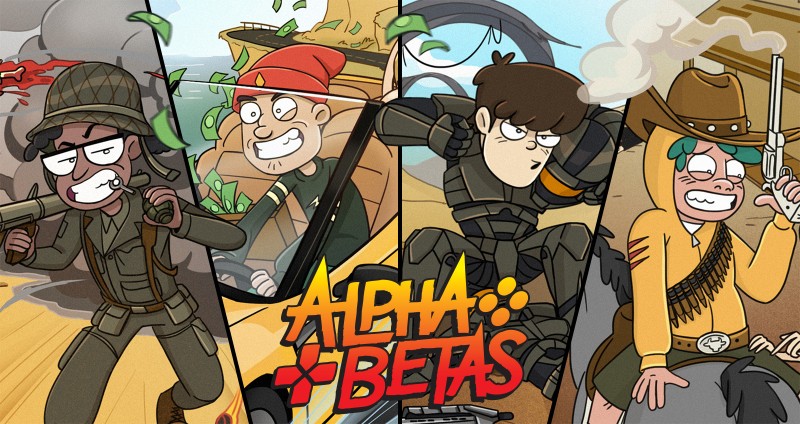 Click here to watch embedded media Click here to watch embedded media In a world where gaming adaptations are a dime a dozen, a new show hovers over the horizon that aims to do something new. Instead of adapting a game series that is beloved by many, a group of YouTubers is joined by some serious talent to save the world through the power of gaming. No, but like seriously, it's a whole CIA organization, big deal, very complicated. This show follows the story of an elite virtual strike force of four l33t gamers. Their mission that they really have no choice but to accept? Jump into a plethora of video game realms to help solve world-ending problems. Known as the Alpha Betas, this crew is as reckless as they are arrogant, so you know everything is just going to be honky-dory. Join Alex Stadnik and Liana Ruppert as they sit down with Alpha Betas stars BassicallyIDoWrk as Mason, I AM WILDCAT as Tommy, and Terroriser as Buck and explore what it was like working with talent like Paget Brewster (Friends), Stephanie Beatriz (Brooklyn Nine-Nine), Chris Parnell (SNL), Brent Morin (Chelsea Lately), and John DiMaggio (Futurama). This crew, alongside VanossGaming (who plays Eddie), has years of experience working together on their own channels, channels with millions of subscribers who love their type of humor. Translating that humor into a show is actually a lot easier than some might think. We talked about inspiration, goals, humor, and we got a little too deep into some "no-no" topics that had their PR pondering if they needed to hit that big red STOP button. Luckily for us, there was no stopping this train once it got started. So join us while we chat, bond, and look forward to the future as we celebrate gaming culture and the new show that aims to do it justice. Where can you watch it, you might be asking? The Alpha Betas pilot will be premiering exclusively on VanossGaming's YouTube channel here on March 13! If you like it, we could be seeing even more from this crew and the studio behind Rick & Morty.
|
| Cities: Skylines Studio CEO Talks Development, Mod Community, And Six Years Of Success Posted: 13 Mar 2021 08:00 AM PST The 2015 release of Cities: Skylines delivered something fans of the mid-'90s city builder titles had been sorely missing: a modern, yet faithful reimagining of the genre. While Cities: Skylines was every bit a modern entry in the genre many grew up loving, it forewent the negative aspects of the modern formula, while embracing the community wholeheartedly. The result is a game that today, six years later, still has a dedicated community playing the title and delivering a vibrant mod scene. We had a chance to speak with Mariina Hallikainen, CEO of developer Colossal Order, about the development and continued support of Cities: Skylines. You can see our full Q&A below. When the team started development on Cities: Skylines, what inspirations did it look at and pull from for the initial concepting? 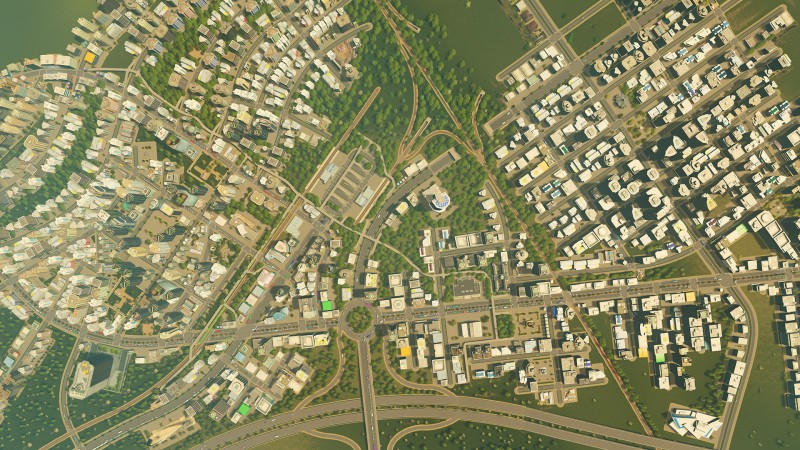 What about the city-builder genre made this an even more attractive project than Colossal Order's prior projects? Did the team take any learnings from the Cities in Motion titles into Skylines? We learned so much from working together, working with a publisher, and most importantly about our player base. I'd say the most important learning from the CIM games was getting to know the community and the meaning of modding for our games. We really see it as an integral part of the player experience we want to offer not only now but in the future. As development progressed, what elements of the classic city-builder formula did the team feel were most important? Which were flexible? Which elements of the classic formula did the team most want to change or improve upon? 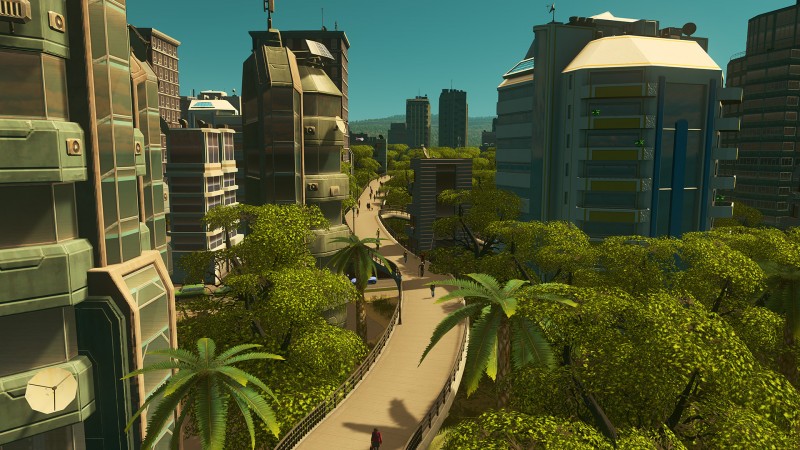 Reception for the game was very positive upon release. Did the strong community support and critical reception alter the game's post-launch lifespan in any ways? Was there any feedback from the fans that shaped the game in meaningful ways early on in the post-launch phase? 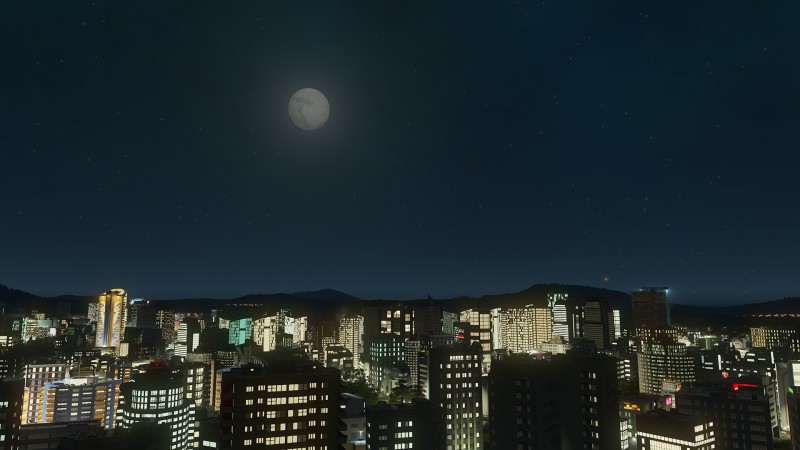 How has the modding community surprised you? Does the development team have any community mods it particularly enjoys? What do you think are the greatest accomplishments of the official expansion packs? What did you most want to address going into the process of creating expansions for Cities: Skylines? Do you think you were successful? There were some great successes and some that didn't live up to our expectations. Mass transit was really a great one as we could refer to our background having created Cities in Motion games. One of my personal favorites is Park Life; I think it is so much fun and really shows how the attention to detail and art has evolved over the years. Overall with all the free updates to the base game, it really isn't the same as it was six years ago. So much was improved over the years. 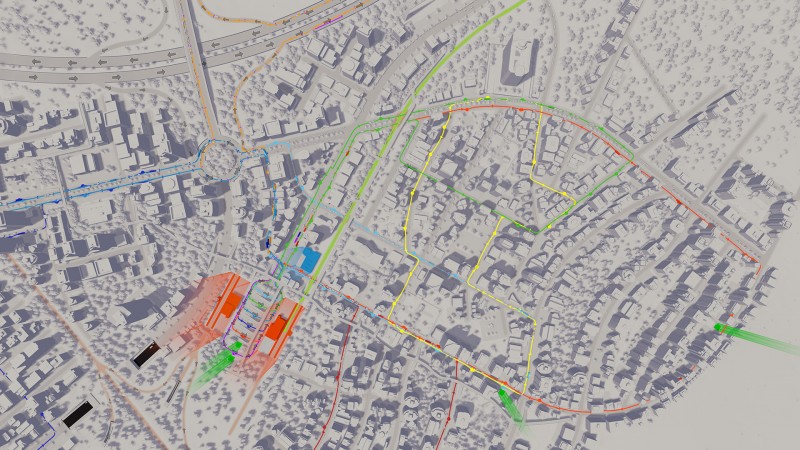 Do you have a great pitch for what people who maybe bought the game in 2015 and loved it, but haven't gone back in several years, are missing by not playing the game as it exists in 2021? As you look back at the first six years of Cities: Skylines, what do you see as the biggest successes? Do you identify any missed opportunities or room for continued growth and improvement? 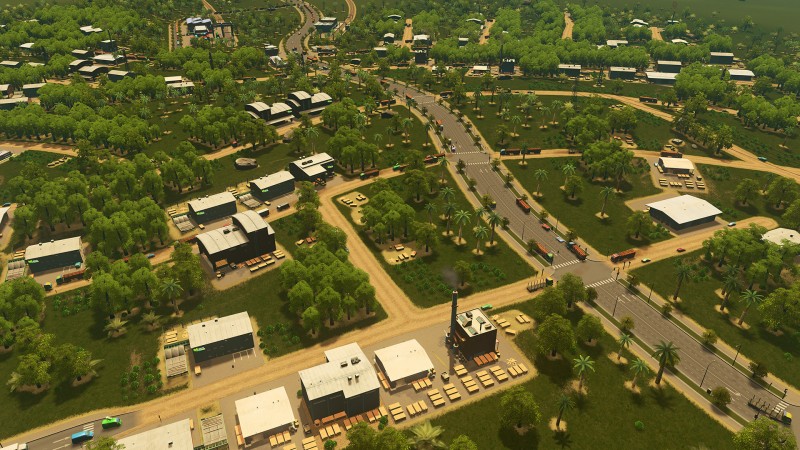 What does the future hold for Cities: Skylines? Do you have plans for a follow-up game, or are you looking to continue developing upon the existing base? For more on Cities: Skylines, you can check out our review of the PC version, as well as the console version.
|
| You are subscribed to email updates from Game Informer. To stop receiving these emails, you may unsubscribe now. | Email delivery powered by Google |
| Google, 1600 Amphitheatre Parkway, Mountain View, CA 94043, United States | |

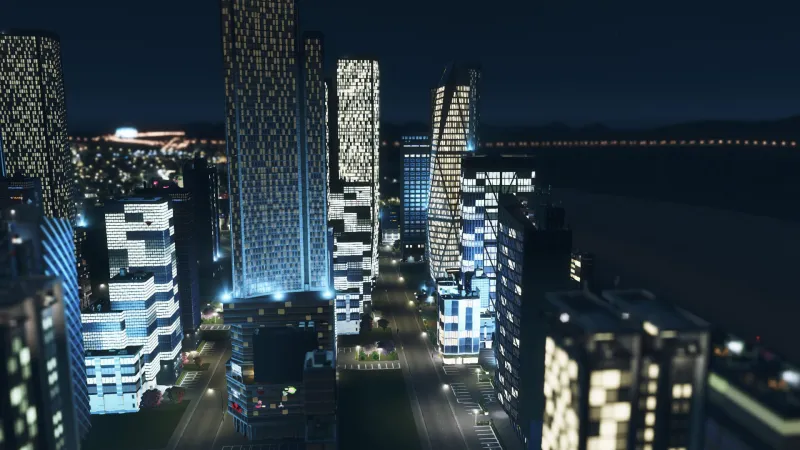
No comments:
Post a Comment